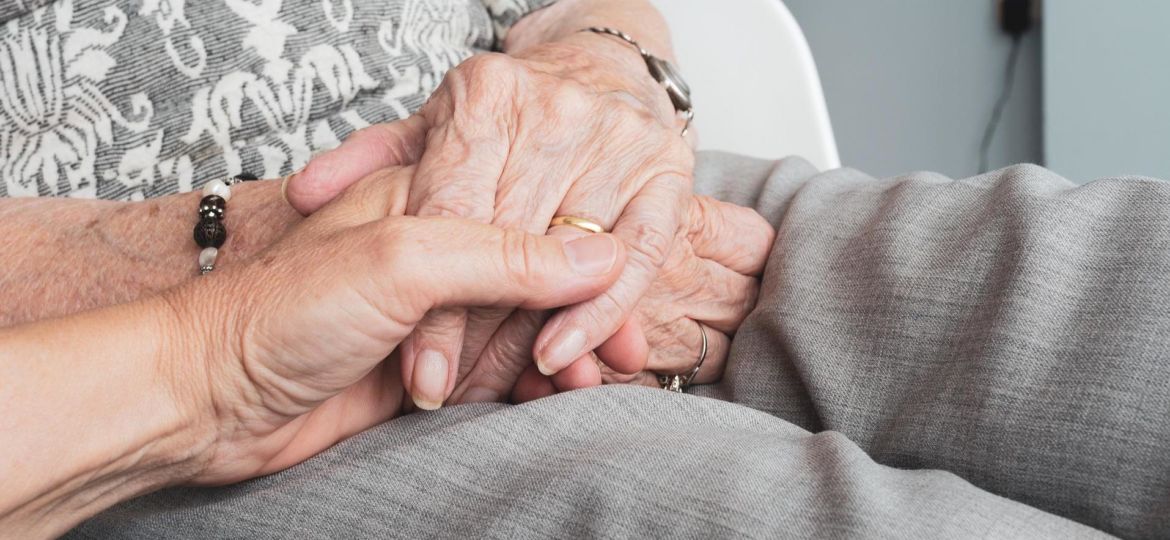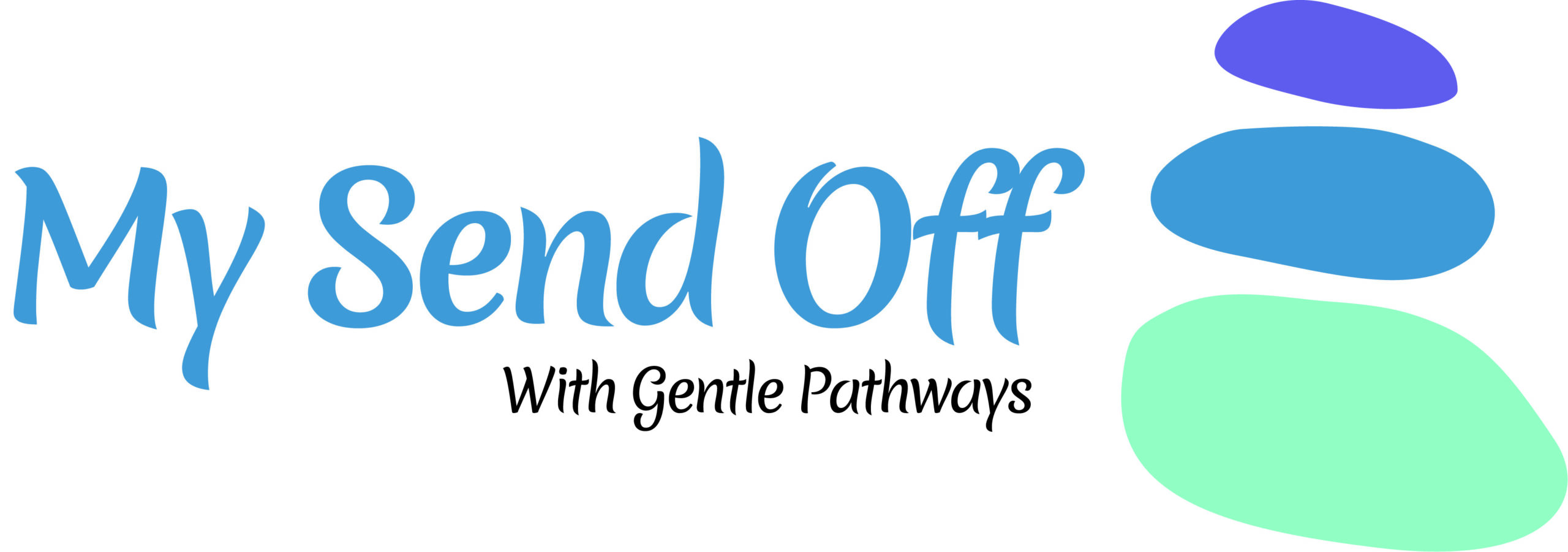Understanding the Role of an End-of-Life Doula
Doula (pronounced Doo-La) is from the Modern Greek language and has come to mean ‘a person of service’. “An End-of-Life Doula (EOLD) is a non-medical presence for the dying person, as well as their family and loved ones, providing tangible practical supports, education, compassion and resourcing, that enables the individual to have their death unfold in alignment with their wishes.”

The Doula as an Informed Companion
The End-of-Life Doula is the ‘informed companion’ who educates their client, and family, about the end-of-life process. At the same time, they bring comfort and compassion to assist a person, and their family, to feel safe and supported as they accompany those through the final months, weeks, and days of life – right up until the time of death. Their work may continue after death during the deep mourning process. This support can be at home or within a hospital or aged care facility, a subset to hospice and medicalised systems.
Providing Presence and Emotional Support
Presence is the foundation for this model of care. Emotional support, active listening, and creation of a peaceful environment are of the utmost importance. A Doula’s support can relieve stress and burgeoning tasks from the family as a form of respite and, at the same time, provide the dying individual with psychological, spiritual needs, and emotional care during the process. EOLDs ensure that individuals and their families do not feel alone or isolated.
Navigating the Uncertainty of Death
We can never be completely prepared for death. Despite death being a natural and unavoidable part of life, it is often surrounded by a lot of fear, unanswered questions, and much uncertainty. The EOLD model of care works to support the dying and respective families to feel empowered and resourced in this sacred transition. It is important to try and create a comfortable environment for the dying person as they take their last breath, knowing that the final moment is cherished.
The Significance of a Peaceful End
How someone experiences the end of their life has huge significance, both for them and for those close to them. When someone feels supported and pain-free, they are provided with an opportunity to express any final concerns and wishes they may have. This can bring peace to the dying process and help loved ones with future grief. Without such support, the situation can become distressing for all involved.

Scope of Work for an End-of-Life Doula
An EOLD’s work ranges from logistical planning for the time before, during, and after death; the practicalities of conducting comfort practices, helping the dying person reflect on their life and values, and explaining the physical aspects of dying to caregivers. The EOLD model of care seeks to eliminate the silence around death and is based on active listening and an understanding that ‘you are the expert in your own life.’
Examples of End-of-Life Doula Support
- Understanding the importance of Advanced Life Plans
- Navigating and supporting Dying at Home when in Palliative Care systems
- Practical training for family in all death matters and helping to facilitate these compassionate conversations
- Vigil presence and plan for tangible support at time of death and after death care
- Event planning ‘living wakes’, funerals, and memorial services
- Companionship and availability outside traditional medicalized systems
- Grief support
End of Life Doula Directory
Check out this comprehensive list of End of Life Doulas in Australia:
